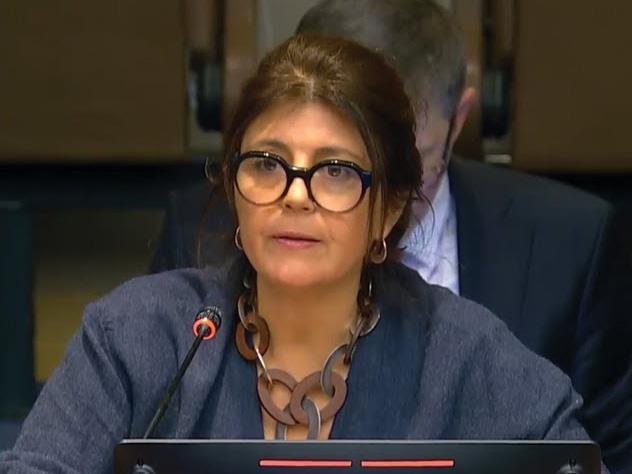
UNRISD Director Calls For Bold Political Will To Implement Doha Declaration
Doha, Qatar: Thirty years after the first World Summit for Social Development in Copenhagen, officials urge world leaders to confront today's deepening inequalities, democratic backsliding, and the escalating climate crisis with renewed political will and a commitment to solidarity.
Reflecting on the 1995 Copenhagen Summit, Magdalena Sepúlveda, Director of the United Nations Research Institute for Social Development (UNRISD), recalled a time of optimism in multilateralism.“There was hope,” she told The Peninsula.“The reflections in Copenhagen were really this idea that the world could fight poverty, it could ensure decent work and social inclusion.”
At the second edition of World Summit for Social Development in Qatar, Sepúlveda called on nations to demonstrate a genuine commitment to execute the Doha Declaration.“What we need now is that states are going to take the political will to implement the Doha Declaration in a swift manner with bold measures,” she said.“It is very important that states really go out of Qatar with the willingness to implement in their national countries the agreements being reached here.”
She underscored the vital role of research in informing policy.“Research like ours brings the evidence, the data. We can tell states why their programmes are working or not, for whom, and what they need to change,” she explained.“This is essential to ensure that public policies are really effective and changing the lives of people for the better.”
The Director expressed deep concern about the erosion of democratic principles and the reversal of rights once thought secure.“Democratic backsliding is impacting and eroding human rights, and we have seen a reversal in women's rights, women's access to reproductive rights,” she said.
Sepúlveda stressed a powerful call for solidarity as the foundation of global cooperation.“Solidarity is essential for our own survival at this point,” she said.“Scientists have already told us the ecological limits within which humanity and other species safely operate have already been crossed. The status quo is not an option now.”
She said,“The only way to combat the climate crisis or historic levels of inequality is through solidarity, globally, between states, and within societies.”
“Those who have more must pay their fair share of taxes so that countries can develop. We need solidarity at the national and global levels,” Sepúlveda added.

Legal Disclaimer:
MENAFN provides the
information “as is” without warranty of any kind. We do not accept
any responsibility or liability for the accuracy, content, images,
videos, licenses, completeness, legality, or reliability of the information
contained in this article. If you have any complaints or copyright
issues related to this article, kindly contact the provider above.


















Comments
No comment